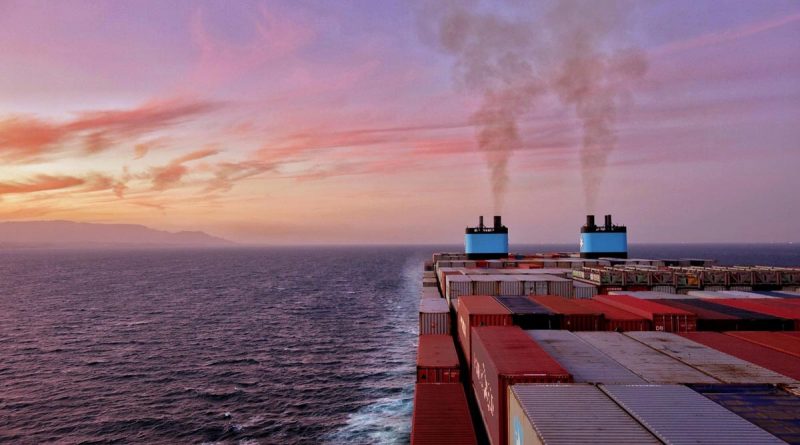Shipping must accelerate carbon cuts, coalition tells UN
As the shipping industry prepares for the ground-breaking but costly introduction of IMO 2020 low-sulfur fuels by the start of next year, some leading voices believe more radical action is not only environmentally desirable but also commercially viable.
The Getting to Zero Coalition. a partnership between the Global Maritime Forum, the Friends of Ocean Action and the World Economic Forum, said at the Sept. 23 United Nations Climate Action Summit in New York that existing carbon emission reduction targets could be accelerated by deploying zero-emission vessels (ZEV) powered by zero-emission fuels by 2030.
Søren Skou, CEO of A.P. Møller – Maersk, a leading member of the coalition, said energy-efficiency savings could only take the industry so far. “Efficiency measures can only keep shipping emissions stable, not eliminate them,” he said. “To take the next big step change towards decarbonization of shipping, a shift in propulsion technologies or a shift to clean fuels is required, which implies close collaboration from all parties. The coalition launch today is a crucial vehicle to make this collaboration happen.”
As reported in FreightWaves, there have been recent calls to make shipping “zero carbon” by 2030 by using zero-carbon fuels such as ammonia and green hydrogen. However, when it was suggested that freight rates might double as a result, one leading shipping executive questioned whether markets would accept this.
The Getting to Zero Coalition’s aims are similar but more conservative. Its plan aligns with the International Maritime Organization’s Initial GHG Strategy. This prescribes that international shipping must reduce its total annual greenhouse gas emissions by at least 50% of 2008 levels by 2050 while pursuing efforts toward phasing them out as soon as possible in this century.
“The coalition is committed to making this ambitious target a reality by getting commercially viable deep-sea zero-emission vessels powered by zero-emission fuels into operation by 2030,” said a statement.
Details of how this might be achieved were patchy, but another influential member of the coalition said a solution must be found.
“Decarbonizing maritime shipping is a huge task with no simple answer, but it has to be done,” said Ben van Beurden, CEO of Royal Dutch Shell. “We intend to be part of the long-term, zero-carbon solution by seeking out the most feasible technologies that can work at a global scale. Starting now is essential because ships built today will stay on the water for decades.”
The coalition also issued a call to arms to “governments, international organizations and other stakeholders” to work together to help achieve its vision of “commercially viable and scalable solutions that enable ZEVs by 2030 and rapid growth of this fleet thereafter.”
Fuente : American Shipper


